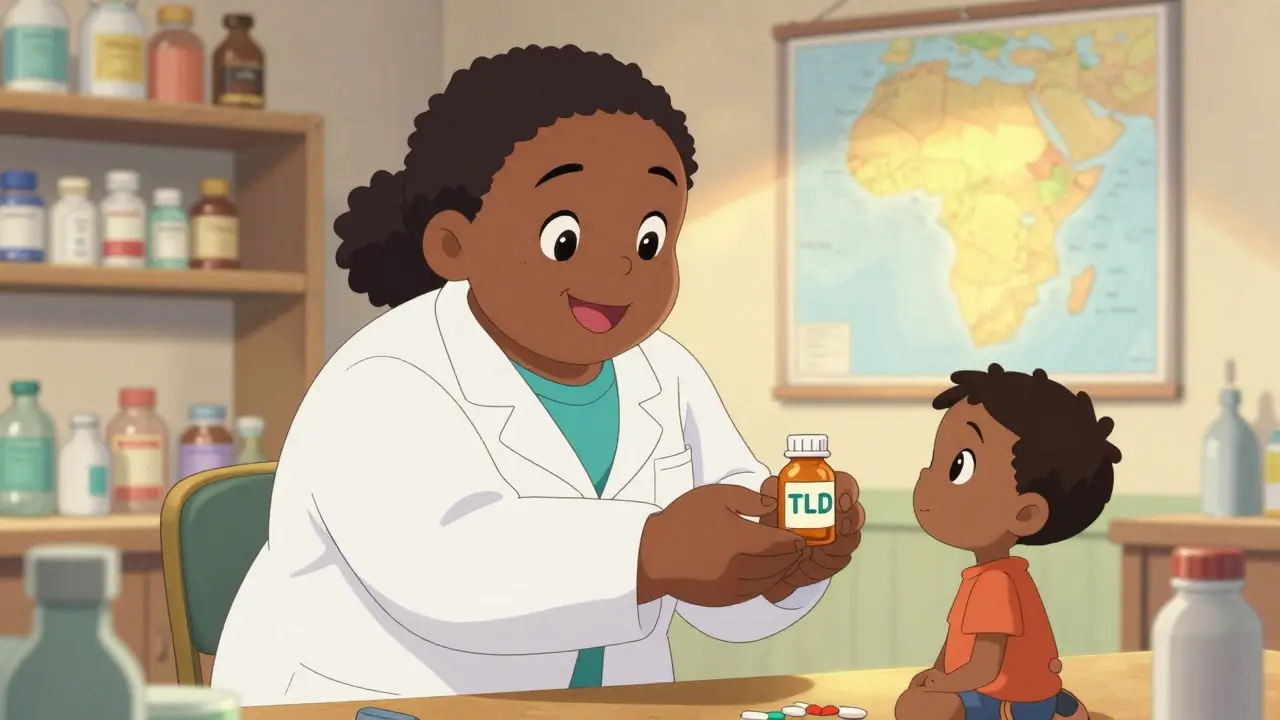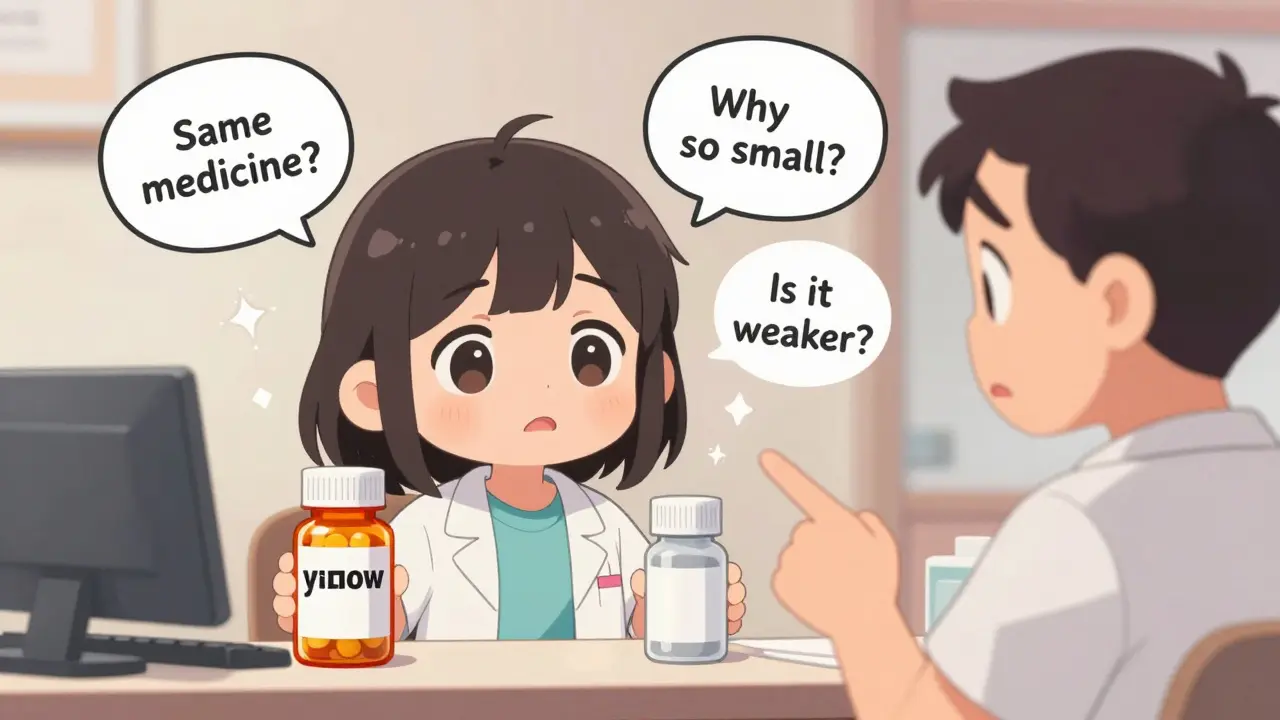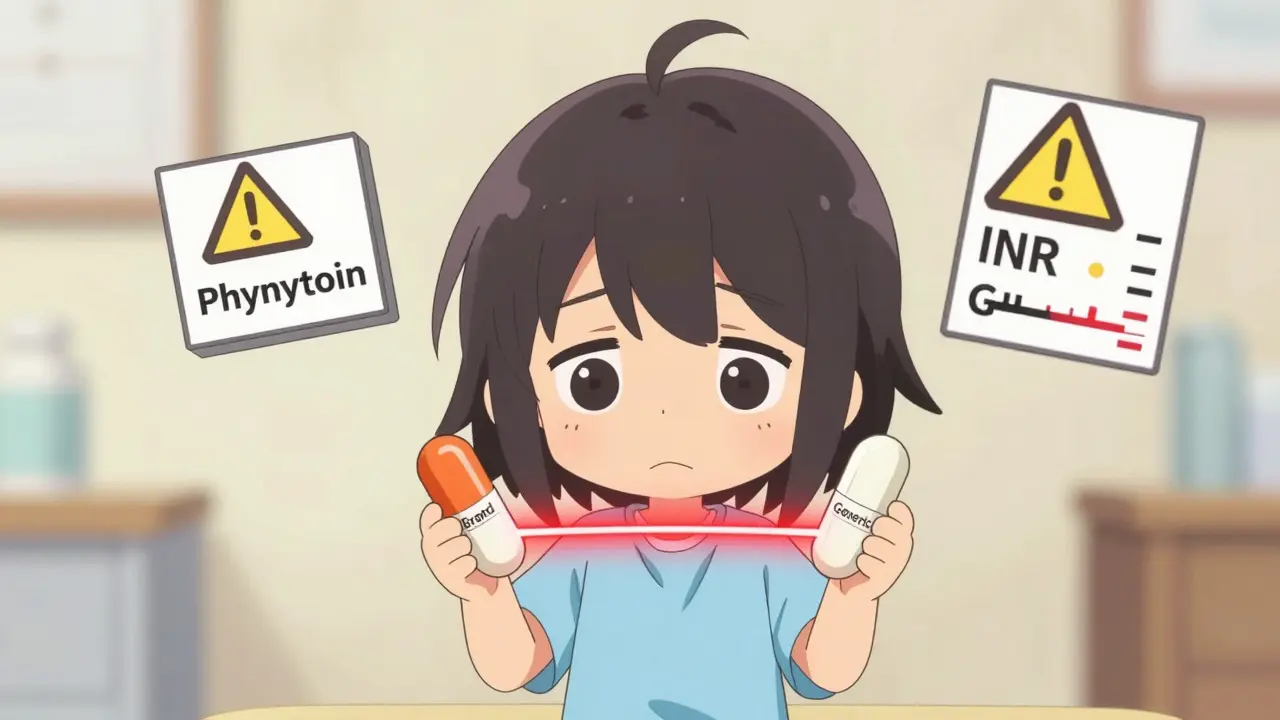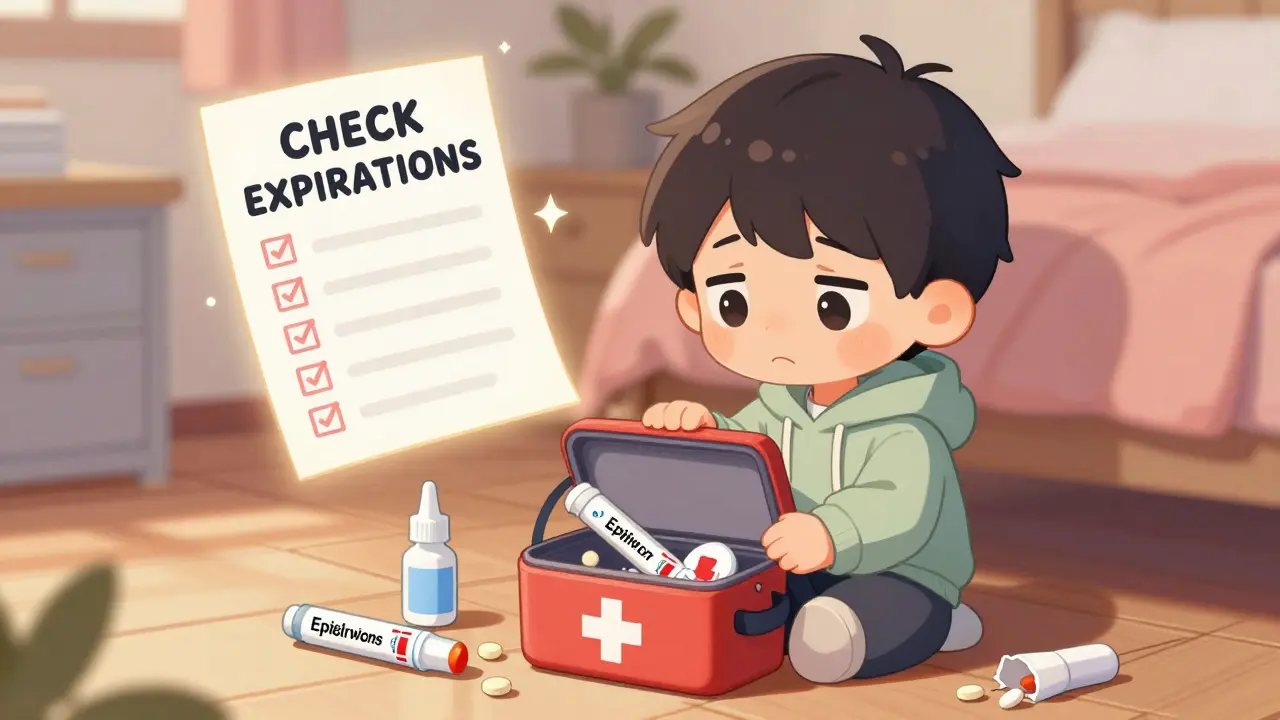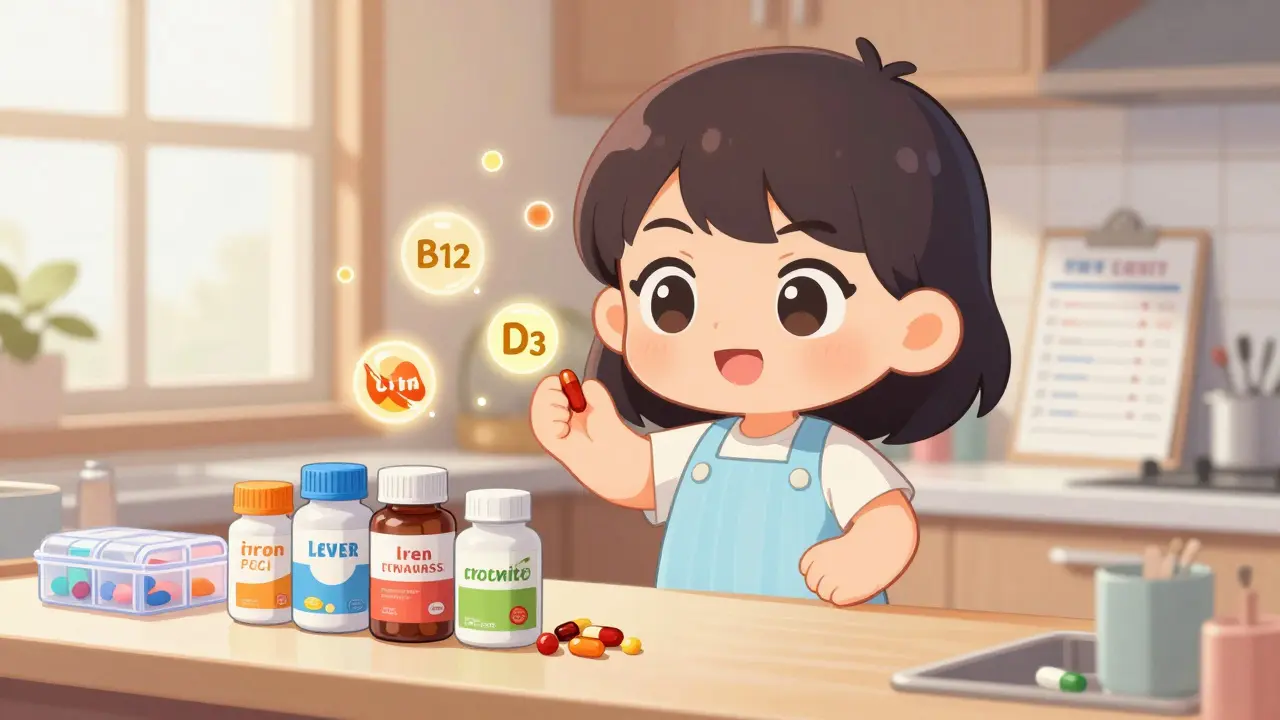Anemia: What It Is, Why It Happens, and How to Manage It
Feeling tired all the time? Getting short‑of‑breath after climbing a few stairs? Those could be signs of anemia, a condition where your blood doesn’t carry enough oxygen because you lack enough healthy red blood cells.
Most of the time the problem comes down to iron – the mineral your body uses to make hemoglobin, the protein that transports oxygen. But anemia can also result from low B12, folate, or even a chronic disease that interferes with red‑cell production. The good news? In many cases you can fix it with diet, supplements, or a simple prescription.
Common Symptoms and When to Seek Help
Everyone’s experience is a bit different, but the usual clues are:
- Persistent fatigue or weakness
- Dizziness or light‑headedness, especially when standing
- Rapid heart beat or palpitations
- Pale skin, especially on the lips or nail beds
- Cold hands and feet
If you notice a few of these lasting more than a couple of weeks, book a blood test. A basic full‑blood count will tell the doctor if you’re low on hemoglobin and which type of anemia you might have.
Treatment Options and Lifestyle Tips
Once you know the cause, treatment becomes straightforward.
Iron‑deficiency anemia is the most common type. Boosting iron intake can be done through food – think lean red meat, beans, lentils, spinach, and fortified cereals – and by taking an iron supplement. Take tablets with a glass of orange juice; the vitamin C helps absorb iron better. Expect the supplement to cause some stomach upset; if it does, try a lower dose or a gentle “iron bisglycinate” form.
Vitamin B12 or folate deficiencies need the specific vitamin. B12 is found in meat, fish, eggs, and dairy, while folate lives in leafy greens, broccoli, and oranges. Your doctor may prescribe a short‑term injection for B12 if absorption is an issue.
For anemia linked to chronic disease, the focus shifts to managing the underlying condition – like diabetes, kidney disease, or inflammatory disorders – because fixing the root problem often improves blood counts.
Besides supplements, a few everyday habits help:
- Spread iron‑rich meals throughout the day rather than loading all at once.
- Avoid coffee or tea right after meals; they contain tannins that block iron absorption.
- Stay hydrated – water supports circulation and helps your body use nutrients.
- Get regular exercise, even gentle walking; it stimulates your bone marrow to produce more red cells.
If you’re pregnant, have a heavy menstrual flow, or follow a strict vegetarian diet, you’re at higher risk. Talk to your GP about routine screening and a tailored supplement plan.
At The Independent Pharmacy we keep a close eye on the latest UK guidelines for anemia treatment, and we offer a range of reputable iron and vitamin supplements. Our goal is to give you clear, independent advice so you can feel better fast.
Whether you’re just curious, suspect you might have anemia, or need help choosing a supplement, use the resources on this page as a starting point. Remember, a quick blood test and a few small changes can make a big difference in your energy levels and overall health.

